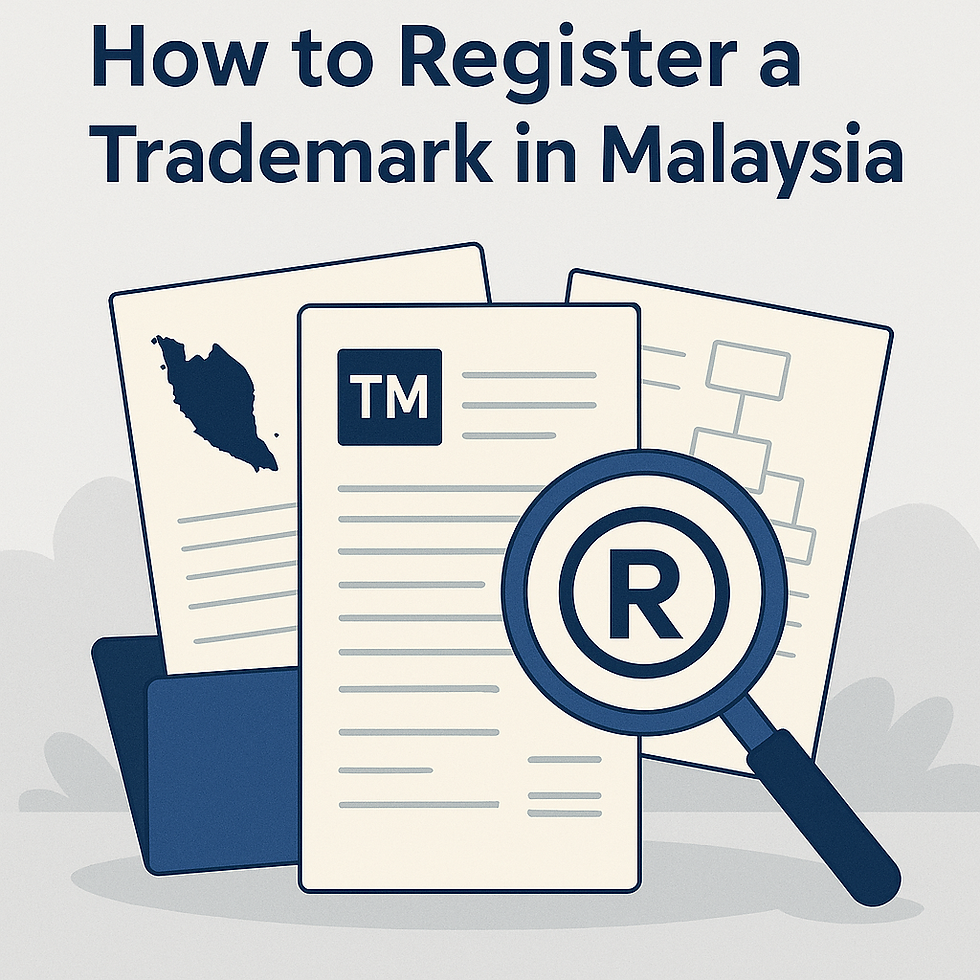Know How To Have An Unseen Advantage
- Joel Cheong

- Jul 28, 2021
- 3 min read

It’s been many weeks since folks in Malaysia have been told to return to their hidey-holes. On the other side of the world, people in the US and UK are slowly being allowed to leave the safety of their nests. You don’t have to be an infectious diseases expert to know why: many developed nations have vaccinated most of their population while the rest of us are still waiting for our vaccine dropships to arrive. Since R&D and clinical trials are usually the hardest and most time-consuming part of vaccine production, now that that’s done and dusted, why is it that most people around the world are still not getting the lifesaving jabs?
To many observers, the culprit behind the delay is none other than Patents! As the vaccines and the processes behind them are mostly patented, no one apart from the patent holders (and a few licensees) are allowed to make these vaccines. Accordingly, there are increasing calls for a temporary waiver of these patent rights to boost production of vaccines.
However, putting the blame solely on patents is an oversimplification. There are in fact many factors at play, causing the disparity between the ‘haves’ and ‘have nots’, and one less-talked-about factor is the Know-How on vaccine production. While many are familiar with patents, trade marks, designs and copyright, not many are aware that the knowledge on how to do things or ‘Know-How’ is also a form of Intellectual Property.
Pretend, if you can, that the following is true: Gordon Ramsay invented the Beef Wellington dish and his recipe which you can find on his website is a patent. Now, all the necessary steps and ingredients for the dish are already included in the recipe. But unless you have the skills, talent, and the years of cooking experience of a master chef, it is likely that your Beef Wellington will not be gracing the covers of food magazines any time soon. The missing pieces in your under-baked Beef Wellington? It’s the Know-How.
Similarly, some vaccines like Malaysia’s No. 1 preferred Pfizer-BioNTech vaccine are based on cutting-edge technologies that not many people are experts on. Even with access to patent disclosures, raw materials, and production facilities, without the right Know-How, there is no guarantee that a viable vaccine will be produced. And like the jealously guarded secrets of a Kung-Fu master, the companies behind these vaccines are unlikely to pass on their critical secrets or hidden techniques for fear that the student may one day surpass the master.
It’s in times like this that the value of Know-How becomes apparent. However, in order to keep one's edge in a competitive world, one must know how to protect one's Know-How (see what I did there? ;)). The thing about Know-How is that it can be in the form of transferable and non-transferable skill, knowledge, or expertise. Transferrable Know-How such as information and methods of doing things are not patentable subject matter, nor is copyright sufficient protection as it only protects the literary expression of the information and does not prohibit others from acting on the information.
How Know-How is protected is the same as how anyone would keep a secret, but in this case the Know-How would be protected as a Trade Secret. Some would hide it in the deep recesses of their mind or keep the steps under lock and key. If the Know-How relates to a process, that process may be performed in a restricted-access area only. Employees or partners with access to the Know-How should also be sworn to absolute secrecy on pain of death (normally through Non-Disclosure Agreements).
Don’t know how you can protect your Trade Secret? Why not give us a holler? After all, we know how to help (sorry...).





Comments